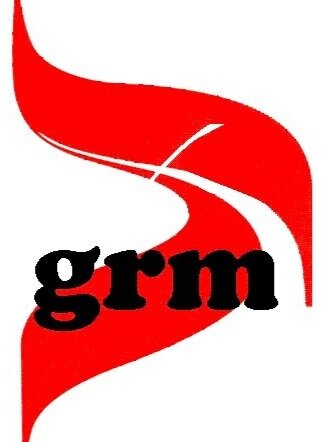IT’S ABOUT TIME (Post 54)
TUESDAY, FEBRUARY 4, 2014
Post 54
IT’S ABOUT TIME
It’s [all] about time
It’s about time …It’s about time!!!
Happy New Year! Already, Super Bowl 2014 is history; and I am just now starting the January GRM Blog. It’s about time! Seriously, as the month of January flew by – and my theme song for the month continued to be Where Has the Time Gone? - I began to formulate the Blog message to start this new year.
In truth, the element of time has much to do with New Year’s Resolutions – and their success. Working in modifications or complete change within our established life patterns involves time. Both doing and undoing certain aspects of our individual behaviors mandate deliberate time spent to affect desired results. I heard a recent sermon wherein the preacher said that most resolutions made at the beginning of the new year are given up by the end of February. What happened? My guess is that time was not devoted to making the hoped-for results take hold and develop.
So let’s talk about the element of time. There are many expressions incorporating this concept. Time is money. It’s all about timing. The world’s time vs God’s Time. Be on time! Time will tell. We could fill more lines with similar sayings but the picture is clear: time spent and timing can make a difference in people’s lives!
Not long ago, a friend shared with me that she is going to be deliberate about working into her schedule daily therapeutic exercises. She added that the closing statement said at the end of support group meetings “It works if you work it” is not one of her favorite sayings. However, she continued, It’s really true, anyway.
It was then I reminded her that what was next said was most important: “and you’re worth it!” In other words, change (i.e., spending time working toward change) is the way to achieve the desired results AND a person’s claim to be “worth it” is the basic motivation for this change to take place.
Therefore, to emphasize the essential role that time plays in recovery efforts, I have revised a number of the Gamblers Anonymous 20 Questions in terms of one’s devoting time to the work of recovery. Hopefully, this Check List will provide a practical and helpful reminder to use time as an essential tool in recovery.
TAKING-TIME-FOR-RECOVERY CHECKLIST
1. Calculate: how much more time would you have at work for work (at school for schoolwork) if you did not engage in gambling activities (in the workplace or at school)?
2. Set aside at least one-half hour of time at home doing something enjoyable instead of gambling; increase this ”new time” by additional ½ hour increments on a weekly or monthly basis.
3. Take time to arrange payment plans for debts with creditors.
4. Spend a set amount of time weekly to budget and pay household bills and other financial obligations.
5. Invest time in Gamblers Anonymous: attend weekly (or more) Meetings; attend a GA Budget Relief Session with a significant family member or friend; participate in GA conferences and celebrations (“Pinnings”)
6. When you are plagued with worries and troubles, take deliberate time to talk with a counselor, pastor, and/or trusted recovery friend (or sponsor) instead of letting the worries consume hours of your day/night. If you feel that you “need” to worry, set aside a certain, limited daily amount of time (a set number of minutes); focus on the worries only; when time is up, restrict your worrying to the next day’s prescribed amount of minutes to worry (i.e., your “Worry Time”).
7. When an urge to gamble attacks, set a timer for five minutes. At the end of the 5 minutes, remind yourself that you did not gamble for that amount of time – even though the urge was there. Then set another segment of minutes’ timing to stave off a further urge. Keep doing this until the urge fades and is no longer immediately threatening. The urge will fade!
8. Calculate the amount of time you spend (1) daily thinking about gambling, (2) arguing with family members, (3) creating ways to hide gambling activities, and/or (4) creating ways to obtain extra gambling money.
9. Calculate how many hours of sleep that you lose worrying about finances.
10. Consider the expression: time is money; as you have been in recovery, calculate how much further ahead you are, financially speaking, now that you have spent less time involved in gambling activities/thoughts/actions to hide gambling, etc.
Recovery? It’s about time!!
Blessings,
Rev. Janet Jacobs
Founding Director
Gambling Recovery Ministries
For more information on the Gamblers Anonymous Twenty Questions, go to www.gamblersanonymous.org
For detailed information on problem gambling recovery issues, visit www.grmumc.org
